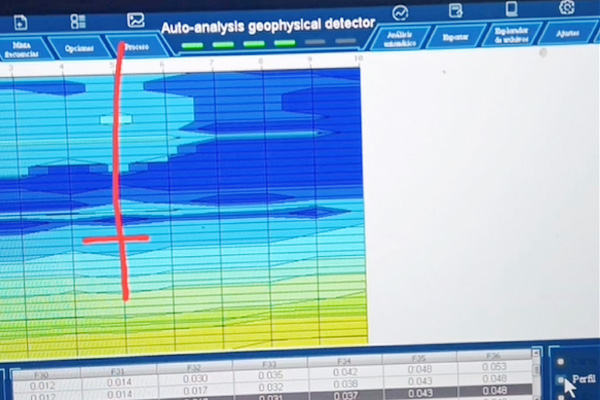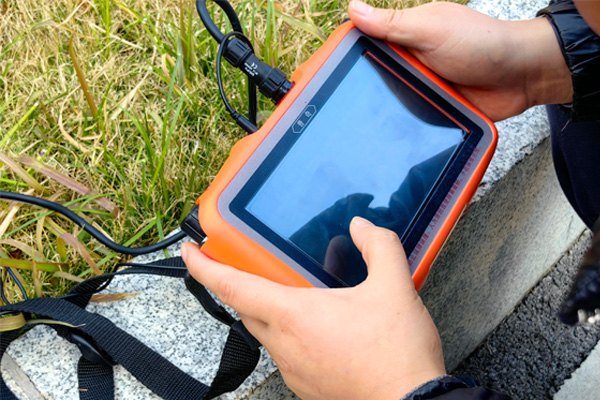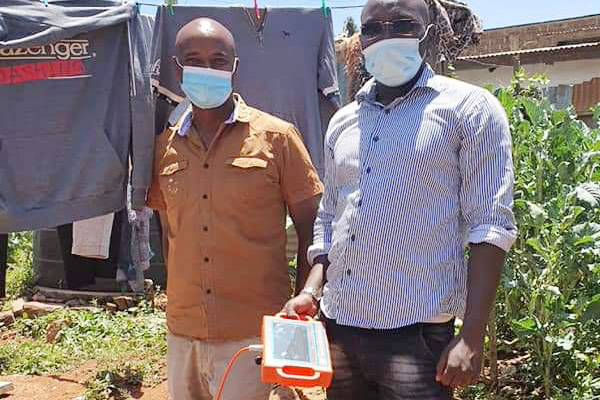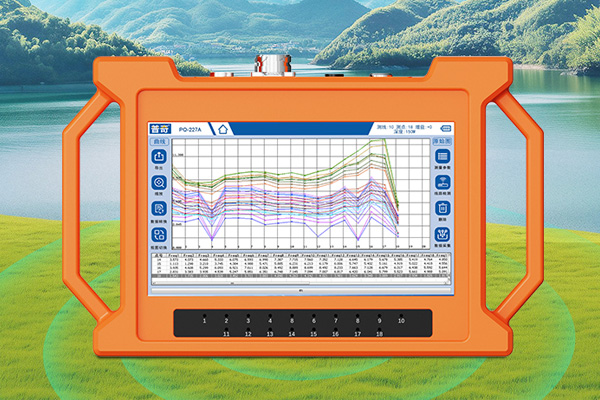With the increasingly severe global water shortage problem, finding and developing new groundwater sources has become an important task for many countries and regions. Ground water detector, as an advanced geological exploration tool, can effectively help people find potential groundwater resources and improve the efficiency of water resource utilization. This article will provide a detailed introduction to the applicable scenarios of ground water detectors and demonstrate their important role in water resource development and management.
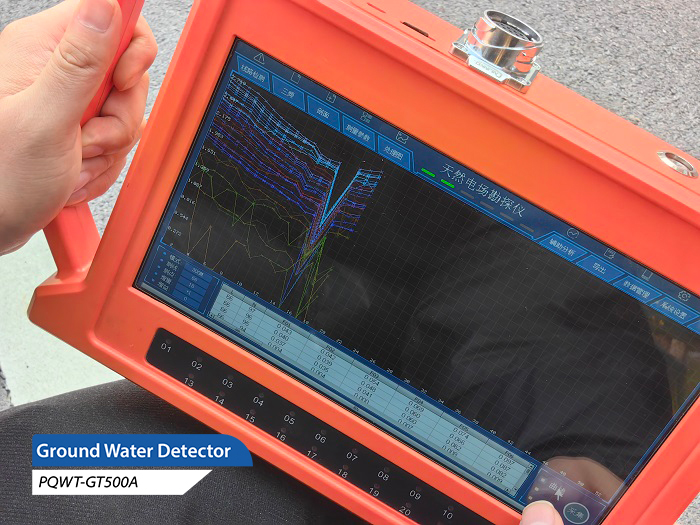
1、 Development of water resources in arid regions
Due to the scarcity of precipitation and surface water resources in arid areas, finding underground water sources has become the key to solving the problems of drinking water and agricultural irrigation for local residents. Ground water detectors can be used to detect the distribution of groundwater in these areas, helping local governments and institutions develop reasonable water resource development plans. Through scientific detection and evaluation, it is possible to effectively avoid resource waste and environmental pollution caused by blind drilling.
2、 Urban Water Supply System Planning
With the acceleration of urbanization, the urban population is constantly increasing, and the demand for water resources is also growing. Ground water detectors can be used for the survey and evaluation of urban groundwater resources, providing scientific basis for the planning and construction of urban water supply systems. The data obtained through detectors can be used to layout groundwater wells in a reasonable manner, ensuring the stability and sustainability of urban water supply systems.
3、 Development of agricultural irrigation water sources
Agricultural irrigation is one of the important areas of water resource utilization. In some areas that rely on groundwater irrigation, ground water detectors can help farmers and agricultural management departments find new irrigation sources, improve crop yield and quality. Through scientific detection and management, water resource allocation can be optimized to reduce the problem of groundwater level decline caused by overexploitation.
4、 Mining and engineering construction
In the process of mining and large-scale engineering construction, a large amount of water resources are often required. Ground water detector can be used for underground water detection in mines and engineering sites, helping construction parties find reliable water sources and ensuring the smooth progress of the project. In addition, detectors can also be used to monitor changes in groundwater levels and prevent issues such as foundation settlement caused by a decrease in groundwater levels.
5、 Environmental Protection and Ecological Restoration
Groundwater sources are not only important water resources, but also key factors in maintaining ecosystem balance. Ground water detectors can be used for environmental protection and ecological restoration projects, helping scientists and environmental agencies understand the distribution and flow of groundwater, and develop effective protection and restoration measures. Through scientific management and protection, groundwater pollution and overexploitation can be prevented, and the ecological environment can be protected.
6、 Emergency rescue and disaster prevention and control
After natural disasters such as earthquakes and floods occur, ground water detectors can be used for water resource detection in disaster areas, helping rescue teams quickly find available water sources and ensuring the basic living needs of affected people. In addition, detectors can also be used to monitor the groundwater dynamics in areas prone to geological disasters, provide early warning of potential disaster risks, and provide scientific basis for disaster prevention and reduction.
7、 Scientific Research and Education
Ground water detector is not only an important tool in practical applications, but also an important means of scientific research and education. By obtaining data through detectors, researchers can delve into the formation mechanism, distribution patterns, and evolution process of groundwater, promoting the development of groundwater science. At the same time, detectors can also be used for teaching and experimentation in universities and research institutions, cultivating more professional groundwater management and technical personnel.
As an advanced geological exploration tool, ground water detector is widely applicable in various scenarios, from water resource development in arid areas to urban water supply system planning, from agricultural irrigation water source development to mining and engineering construction, all of which can play an important role. Through scientific exploration and management, not only can the utilization efficiency of water resources be improved, but also the ecological environment can be protected, ensuring the sustainable development of the social economy. With the continuous advancement of technology, ground water detectors will play an increasingly important role in future water resource management and development.





